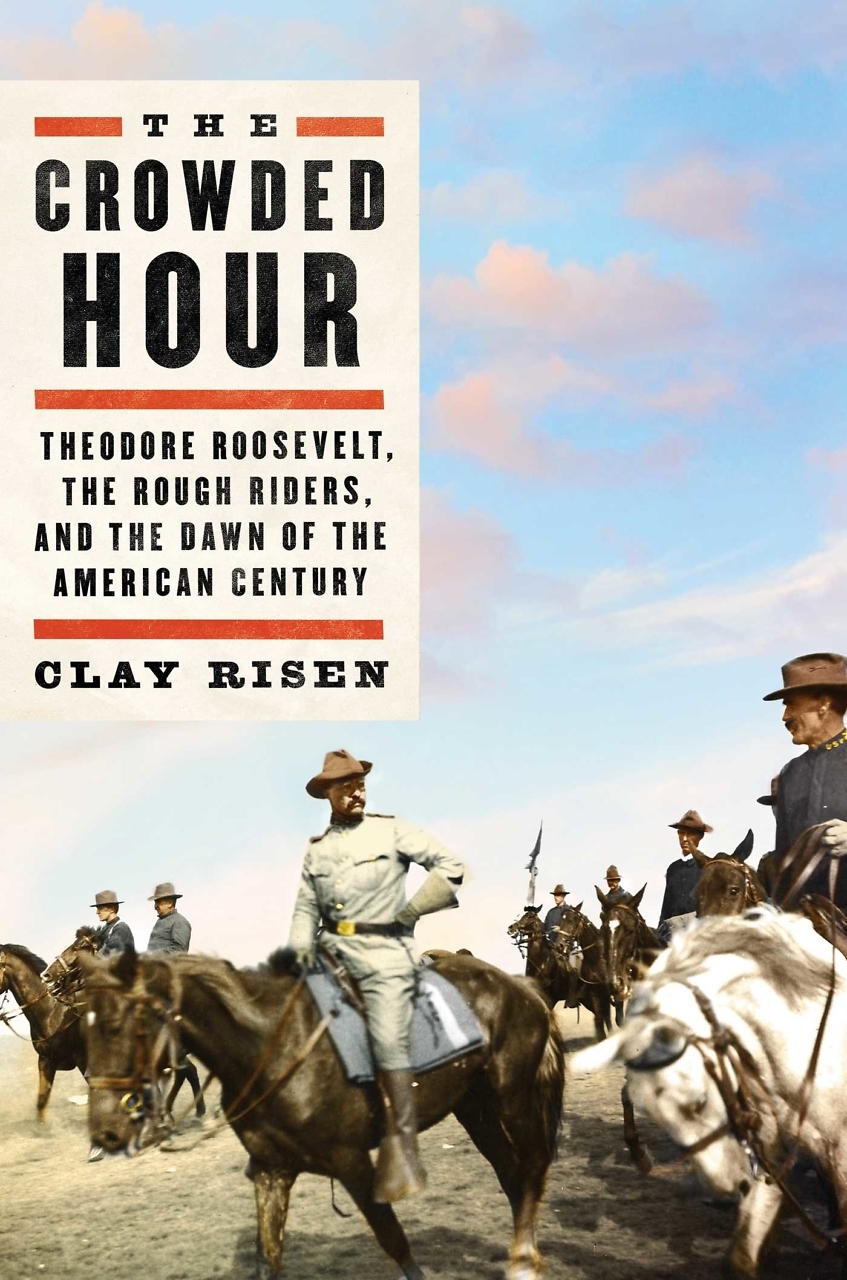Social Death and Its Afterlives
Lisa Guenther contemplates solitary confinement—historically, socially, and philosophically
Nashville author Lisa Guenther, an associate professor of philosophy at Vanderbilt University, studies penal issues in the U.S., and her own involvement with the prison system—facilitating a weekly discussion group at Riverbend Maximum Security Institution in Nashville—has given her a close-up view of prison life and the effects of solitary confinement in particular. In her new book, Solitary Confinement: Social Death and Its Afterlives, Guenther gives an historical overview of solitary confinement in the U.S. and discusses theories concerning its use, the role of race in its application, the treatment of animals in factory farms, and everything else that could possibly relate to a consideration of solitary confinement. This book is a comprehensive treatment of the subject.
 Guenther first reviews the history of punishment in America. The first penitentiaries in this country were designed for white men, and their goal was redemption. Solitary confinement was regarded as therapy, to give prisoners uninterrupted time to reflect on the error of their ways. (Enslaved people were seldom imprisoned for long; instead, they were whipped and put back to work.) During the nineteenth century and through the Cold War, rehabilitation was the commonly expressed goal of imprisonment, but as the prison population grew and prison costs became a significant burden on all levels of government, the primary goal became control, especially in new supermax penitentiaries. Inmates today are warehoused as efficiently as possible, provided with the minimum court-ordered conditions necessary to sustain life and avoid lawsuits alleging cruel and unusual punishment. According to Guenther, there is little or no interest in reformation or rehabilitation, much less in respecting the dignity of human life.
Guenther first reviews the history of punishment in America. The first penitentiaries in this country were designed for white men, and their goal was redemption. Solitary confinement was regarded as therapy, to give prisoners uninterrupted time to reflect on the error of their ways. (Enslaved people were seldom imprisoned for long; instead, they were whipped and put back to work.) During the nineteenth century and through the Cold War, rehabilitation was the commonly expressed goal of imprisonment, but as the prison population grew and prison costs became a significant burden on all levels of government, the primary goal became control, especially in new supermax penitentiaries. Inmates today are warehoused as efficiently as possible, provided with the minimum court-ordered conditions necessary to sustain life and avoid lawsuits alleging cruel and unusual punishment. According to Guenther, there is little or no interest in reformation or rehabilitation, much less in respecting the dignity of human life.
The historical, social, and theoretical review of American penal practice in Solitary Confinement is easy reading. Guenther is a philosopher, however, and she is interested in more than mere description. The book, she writes, is “an extended argument for the insight … that an intercorporeal, ethical, and political relation to time and to others is the condition for the possibility of a meaningful life.” In other words, “We find the meaning of our lives,” she writes, in relationship with other people: “That is how the light gets in.” When those relations are denied, as they are in solitary confinement, the prisoner experiences a kind of social death, which often results in “more than a mental illness afflicting individual subjects; it is a social, phenomenological, and ontological pathology, which neither the language of the clinic nor the logic of liberal individualism is adequate to express.”
This is a contemporary topic. The news is full of prison protests and of hunger strikes at Pelican Bay and Guantanamo. A rigorous understanding of the effects of confinement, especially the most extreme types, is a valuable contribution. Apart from moral and humanitarian considerations, this book asks, what is the point of confining prisoners in conditions that render them more violent and dangerous than they were when first incarcerated? Securing and controlling them becomes more difficult for the prison system that houses them, and if they are ever released they stand little chance of reintegration to society. Guenther provides a solid foundation for contemporary policy-making and a compelling case for re-thinking the use of solitary confinement.


